Producers
-
Description:Image:
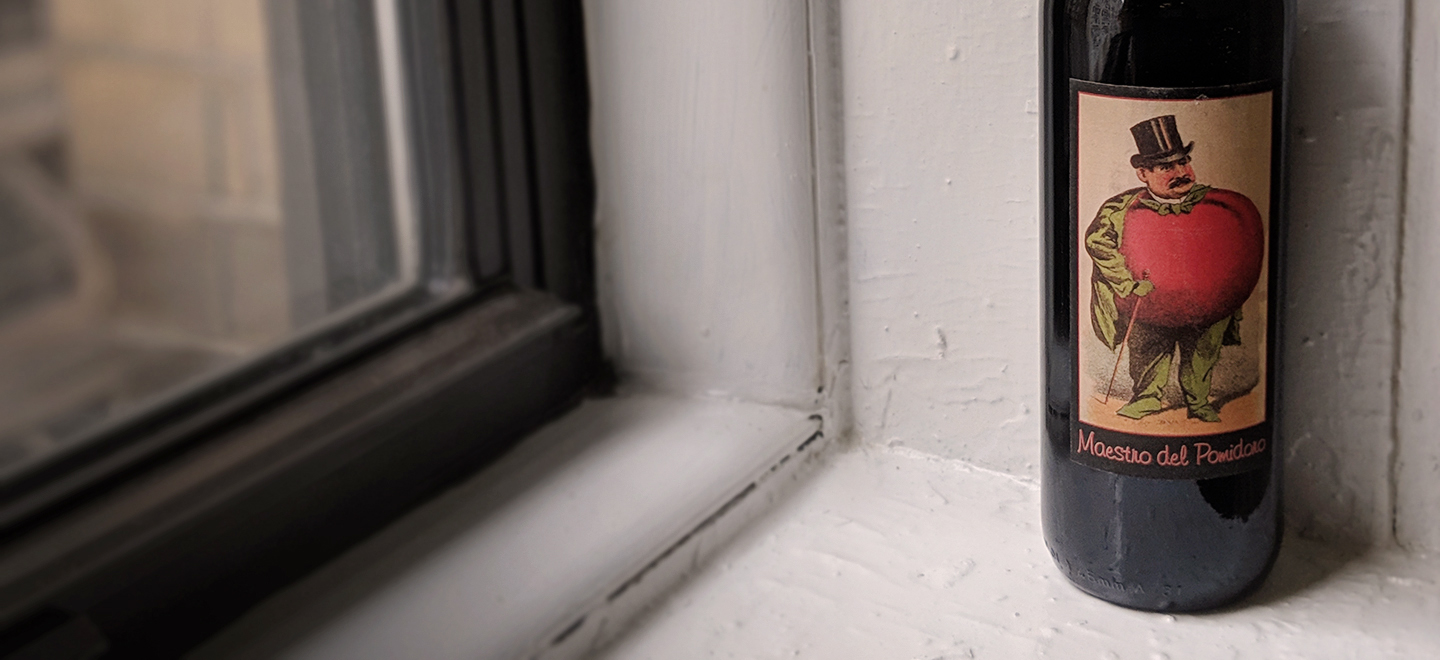 Region:
Region: -
Description:
Founder and master distiller, Tim Russell, had a passion for brewing beer and considered opening a brewery. He studied the business of brewing and the logistics of distribution in anticipation of working for himself. By 2011, Pennsylvania legalized craft distilling with the passage of PA HB 242. This new law allowed distillers to sell alcohol directly to customers, offer tours and samples, and sell at satellite locations. At the time, the only spirits produced in Pennsylvania were whiskey and vodka. Tim saw an opportunity to do something different, and he decided to go for it, opening the first distillery on Smallman Street in Pittsburgh’s historic Strip District. By 2013, Maggie’s Farm produced Pennsylvania’s first commercially available craft rum since Prohibition. The original set-up used a 75-gallon pot still and a 300-gallon dairy tank for fermentation.
Maggie’s grew into a 250-gallon pot still with 5,000 gallons of fermentation capacity by 2016. These stills, now in retirement, are still proudly on display at both the original distillery’s cocktail bar and rickhouse and at the new distillery in Pittsburgh’s South Hills neighborhood of Upper St. Clair. Tim’s unique approach to producing rum began to draw recognition almost immediately. Their rums are fermented and distilled from a base of raw turbinado sugar, giving them excellent balance and just enough richness. Now, It’s fair to say that Maggie’s Farm is the most awarded brand of rum made in the continental United States, with over 100 awards and commendations. That goes for Maggie’s Falernum liqueur as well, which was named best in category by the American Distilling institute, Liqueur of the year at the 2023 NOLA Spirits Competition, and awarded 95 points at the 2025 NY International Spirits Competition.
Image: Region:
Region: -
Description:
Charles Magnien’s family has been in Gevrey Chambertin since 1656, making Charles the twelfth generation at the helm. They have seven hectares of vines in some key vineyards: the grand cru Ruchottes, and premiers crus Lavaut Saint Jacques, Cazetiers and Champeaux. Charles also recently added a hectare further south in the grand cru of Corton and a premier cru in Aloxe-Corton in the Côte de Beaune.
The Magnien holdings in the famous Gevrey vineyards garner most of the attention and understandably so--but equally significant for them is their very old and special Pinot Noir vines. In 1850, the family discovered a unique Pinot Noir mutation in their vineyards. It even came to be named “Pinot Magnien” after the family. Pinot Magnien fruit from vines over 100 years old is part of not only their Gevrey-Chambertin Vieilles Vignes cuvée but also their premier cru Cazetiers. Whenever a vine needs to be replaced anywhere on the estate, it’s done with a massale selection from their Pinot Magnien. Fruit from vines adapted so closely to their specific terroir and climate over generations can yield the most compelling of wines.
Charles is an innovator. He took over from his father in 2009 and immediately began investing his energy and efforts in the vineyards. He follows organic farming practices (though will use a non-organic treatment when necessary). He bought two new tractors and started working with a higher canopy. He is experimenting with different techniques to combat frost. One is a giant fan blowing hot air over the vineyard; another is a coil running along the trellis wires to warm attached canes when the temperature drops too low. In 2018, Charles built a new cellar, giving him more space to work and allowing him to age the wines longer.
In the cellar, Charles does cold macerations for seven to ten days, then spontaneous fermentations in stainless steel tanks. Some vintages are destemmed completely, while others will include up to 40% of stems if they have ripened correctly (the exception being the “4 Carac’terres” that is made exclusively with whole clusters). As for barrels, Charles cares more about the origin of the oak than about barrel age. He does not want to make oaky wines but does care about oak’s ability to introduce some oxygen into them. The barrels in rotation in the cellar are generally new to two years old.
Charles is the first in the Magnien family to bottle their whole range, rather than selling off fruit or wine. Jasper Morris MW states in his book Inside Burgundy that Charles “makes a very good range of wines, with an exceptional Cazetiers.” William Kelley of the Wine Advocate writes “Charles Magnien continues his rapid ascent through the Burgundian firmament.” With well over ten vintages under his belt, he has led the Henri Magnien wines to be recognized as some of the best in Gevrey-Chambertin.
Image: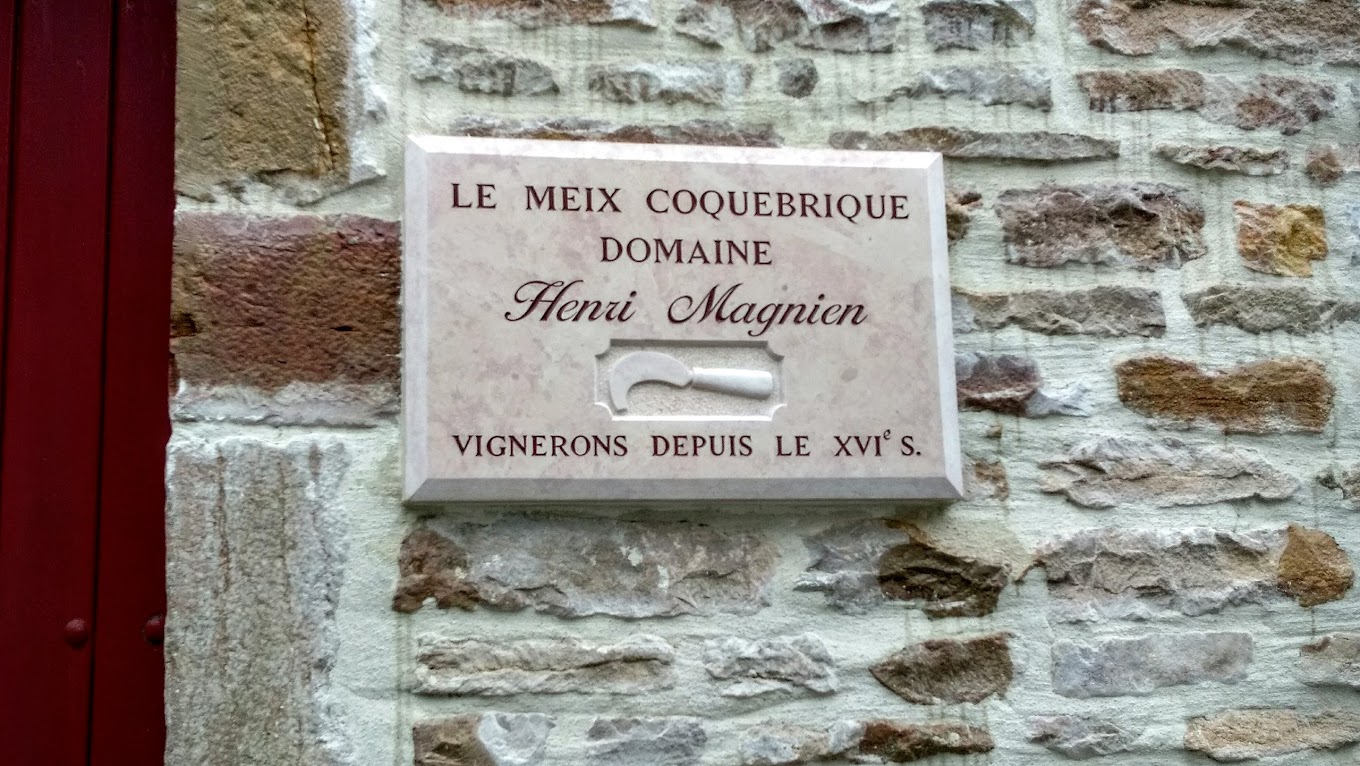 Region:
Region: -
Description:
The Spirit of Agave Brought to Life
A constantly rotating selection of small batch artisanal agave spirits.
At Maguey Melate they continiously scour Mexico for the finest small batch Agave Spirits from their home base in Oaxaca. After visiting over 200 palenques in search of the best handmade, artisanal Agave Spirits, they are debuting their fan favorites in New York.
So what are Agave Distilates? They are a subset of the agave spirits industry which are not certified as Mezcal, Raicilla, or Tequila by the regional agave spirits authority. By offering these traditional spirits as agave distillates, we support the smallest independent producers who do not have the means or will for certification.
Their focus is to introduce the world to these mezcaleros through their virtual experience that comes with each bottle. We let the mezcaleros tell their own story to give you all the information needed in order to truly appreciate what’s inside the bottle.
When we first met Dalton Kreiss and Dave Lather we knew Melate was an exceptional fit for Bowler Spirits. Education , sustainability and the nurturing of some of best mezcaleros from remote regions of Mexico.
To learn more about them, please visit www.magueymelate.com.
Image: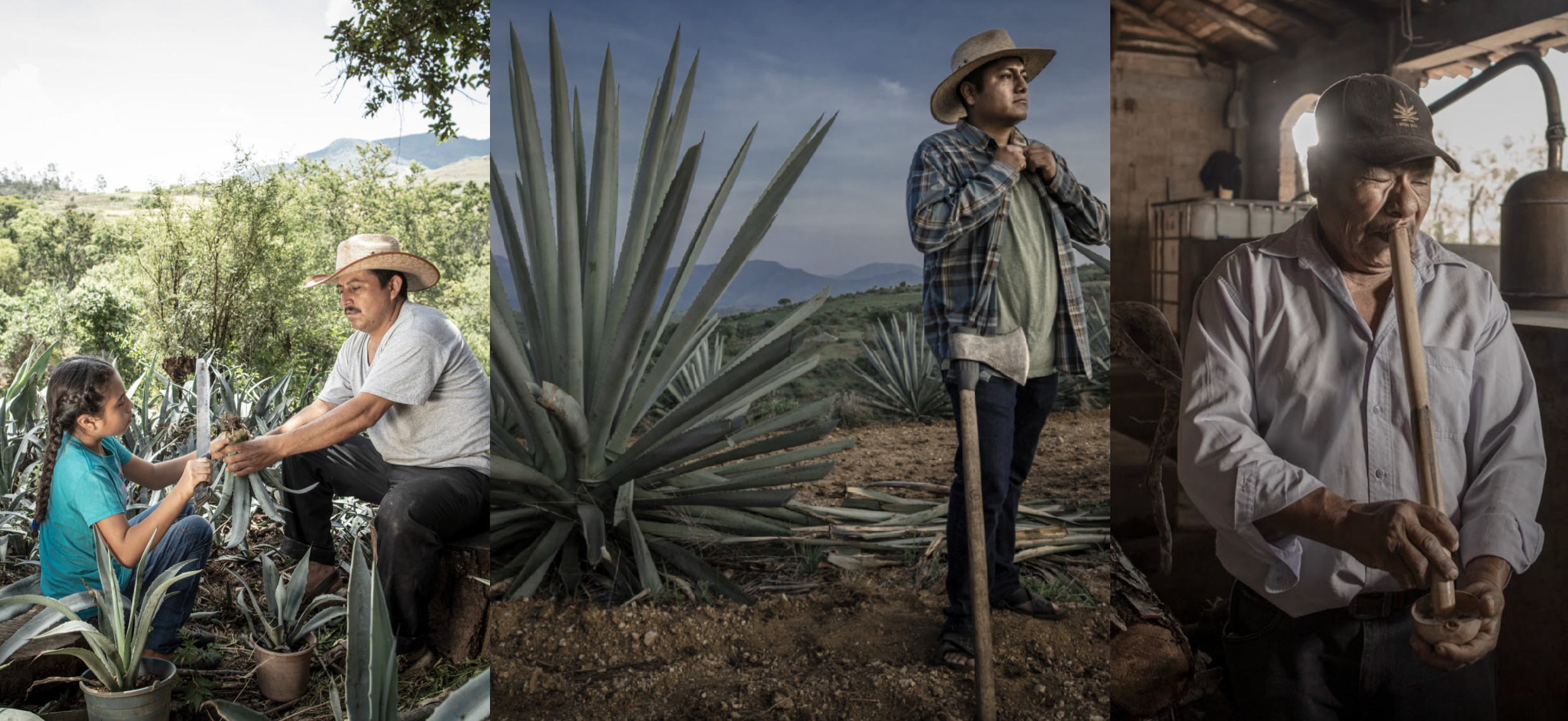 Region:
Region: -
Description:
Mallea is a collaboration between viticulturist Erik Mallea (director of viticulture at Sanford & Benedict and a co-founder of Willett-Mallea Farming) and winemaker Justin Willett (of Tyler Winery and Lieu-Dit Winery). After working together in various capacities for over a decade, Erik and Justin have started this exciting new project to highlight Santa Barbara County’s potential with Rhône grape varieties. They are farming four small vineyard sites clustered around Los Olivos in the Santa Ynez Valley of Santa Barbara. The initial release features three wines: a Grenache Blanc, Grenache Rosé, and a GSM red blend, made by Justin Willett at his winery in Lompoc, CA. We are thrilled to welcome Mallea Wine Co. to the Bowler portfolio!
The labels reference Erik Mallea’s Basque heritage, depicting 19th & 20th-century aspen tree carvings by Basque shepherds in the American West. Erik’s father, Joxe Mallea-Olaetxe, is a respected scholar of this cultural tradition.
Image: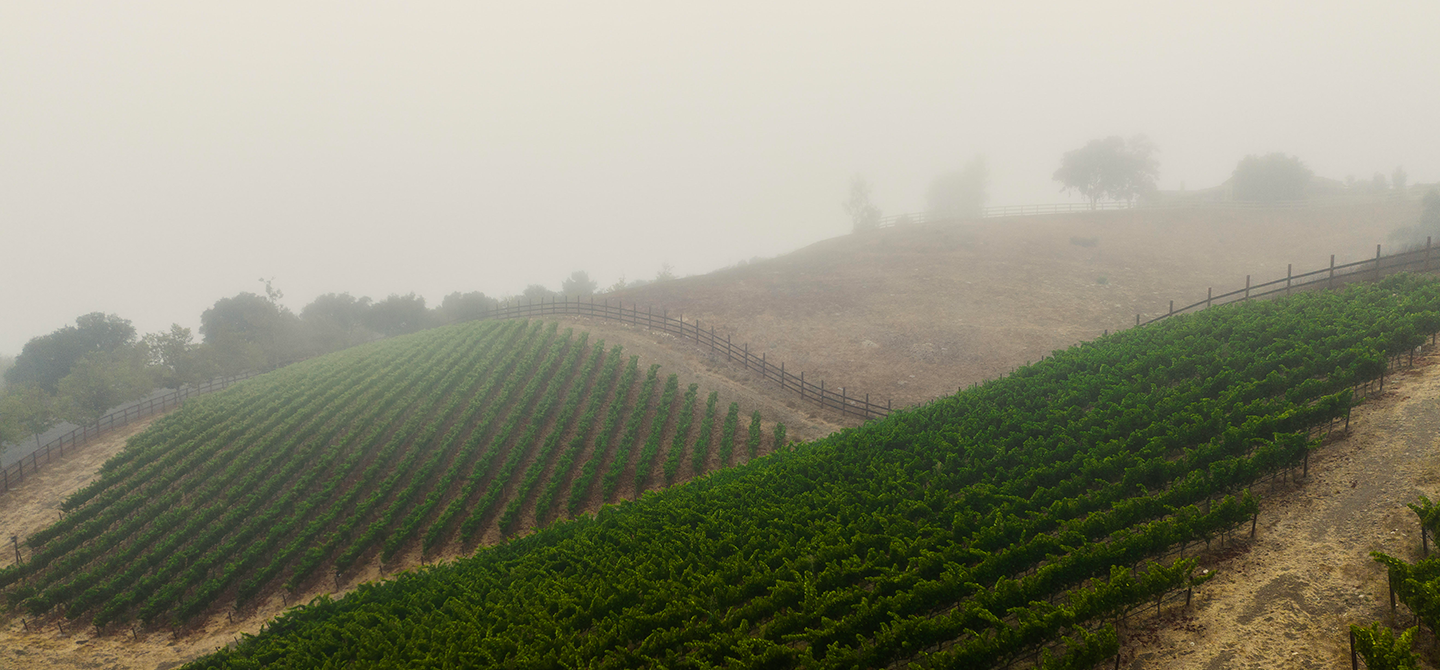 Region:
Region: -
Description:
A true yin and yang team - one materials engineer grounded in hard science, and one restaurant professional with a sensory aligned M.O. Two nerds with a penchant for good hospitality and properly fermented pizza dough.
Bee Maloof represents the hard science behind the project. Prior to playing with grapes, she worked for close to a decade as a materials science engineer within the aerospace industry. As a long-time lover of food and wine, Bee turned her scientific eye from rotorcraft to winemaking during the 2016 harvest.
Ross Maloof broke into the production side of the wine industry initially by traveling to Oregon to visit some friends, and ended up working harvest in the Willamette Valley. Prior to getting his first taste for winemaking, he worked for just over a decade in the Philadelphia dining scene at such wine destinations as Vedge and A. Kitchen.
Today, Maloof Wines are produced at their estate vineyard and winery location, No Clos Radio, just outside of Forest Grove, OR. The Maloofs are dedicated to making wines full of energy, with the number one goal of truly capturing a place and time in each bottle.
Image: Region:
Region: -
Description:
Thank you to importer Louis/Dressner for this profile of Manciat:
We know the Mâconnais well. Denyse Louis’ family comes from this area, has vineyards with the coop in Lugny, and we own a home there. We knew the coop and négociant wines that dominate the Mâconnais and the American marketplace, but it was a 1986 Mâcon from a small artisan estate that was the revelation and the start to our search for comparable wines from other regions. We take special pride in our selections from the Mâconnais, our local wines.
Some of the coops produce millions and millions of bottles. Jean Manciat’s vineyards can be toured on foot in a few minutes (5.5 hectares). When Manciat took over his family estate, he immediately left the coop in Charnay. He replanted extensively but kept as many of the old vines as possible. The yields average less than 50 hectoliters/hectare (the coops routinely harvest twice as much) and the picking is done by hand (a tradition totally lost around here except at the best Mâcon estates).
Manciat prunes his Chardonnay vines in the Côte d’Or fashion (taille Guyot), leaving a shorter cane that is less productive. The Mâconnais style of pruning is to bend a long cane into an arc, but Manciat finds the quality much higher with a shorter cane. Manciat is also experimenting with various agricultural techniques, such as sowing particular varieties of grass between rows, to eliminate the use of herbicides and alleviate soil erosion. He uses a type of old rootstock which he finds ideally suited to the chalky soil of the Mâconnais and replants with a mix of clones and grafts taken from old vines in the Pouilly-Fuissé area.
Manciat has a passion for wines fermented and aged in oak barrels, and uses a fair amount of new wood for his Vieilles Vignes cuvée and his miniscule production of Saint-Véran. But the Mâcon-Charnay Franclieu featured here is made in stainless-steel vats, to express the fruity, floral aromas and flinty minerality that characterize the best Chardonnay in the region.Image: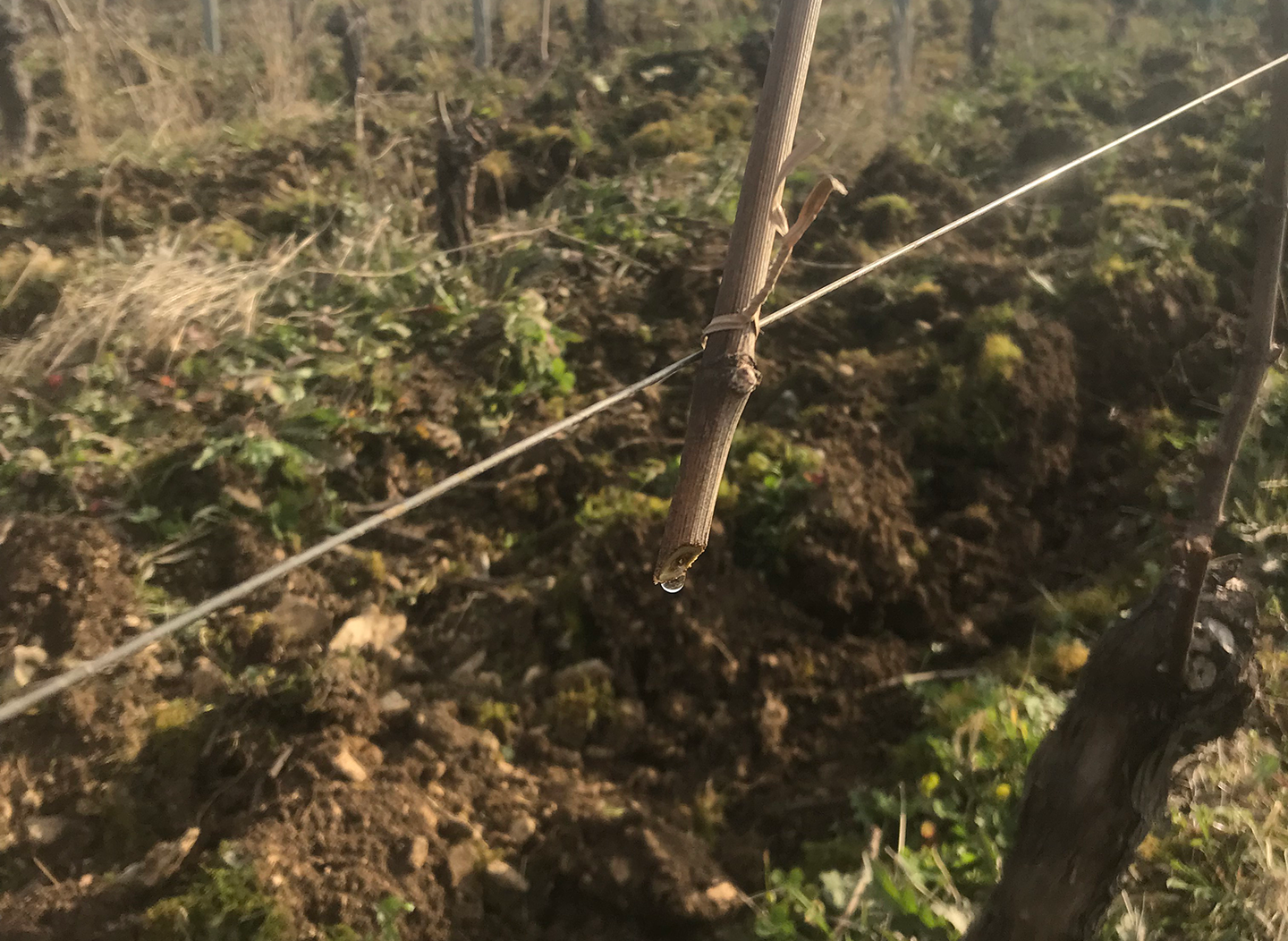 Region:
Region: -
Description:
Marco Sara is an eight-hectare certified organic wine estate in the town of Savorgnano del Torre, in the northwestern corridor of the Friuli Colli Orientali denomination. Savorgnano is not an official subzone of the Colli Orientali, but it is largely considered one because of its unique characteristics. It’s the the coolest and wettest area in the appellation, with around 1600-1800mm of annual rainfall. Compare that to Miami, at around 1570mm, and Seattle, with a measly 950mm! Savorgnano has a significant concentration of ponca soil, also known as opok in neighboring Slovenia, and as Flysch di Cormòns to geologists. Ponca is a friable marl, nearly-alkaline due to its high percentage of calcium carbonate, with alternating layers of clay or sandstone. The vineyards of Savorgnano are also surrounded by dense forests, with a dramatic backdrop of the Julian Alps. Naturally, botrytis cinerea is present every year and has a place in the culture of winemaking here, both for dry and sweet wines. Past generations of villagers of Savorgnano knew that this combination of factors were capable of creating great white wines, marked by saltiness and verticality. In fact, the best slopes with ponca were reserved for white grapes and the red grapes were planted on the lower, flatter parcels with more fertile clay.
Marco, whose first commercial release was 2003, comes from this lineage and mindset. He has clear convictions, which have been tested over the twenty harvests of his career. Though he runs with the natural wine crowd, he is convinced that some of its tropes--constant experimentation, maceration with white wine skins, the dreaded ‘funkiness’--have, paradoxically, obscured terroir, much in the same way as the superripe barriqued wines of the 1990s. His entire modus operandi is to make the terroir of Savorgnano speak clearly, with the grape variety being a mere vessel. He is a man dedicated to the ponca!
Though Marco and his wines are quite well known in some circles in Italy, he has not had a major or steady presence in the United States. Until now. Welcome, Marco!
To learn more:
www.marcosara.com
@marcosaravignaiolo
Image: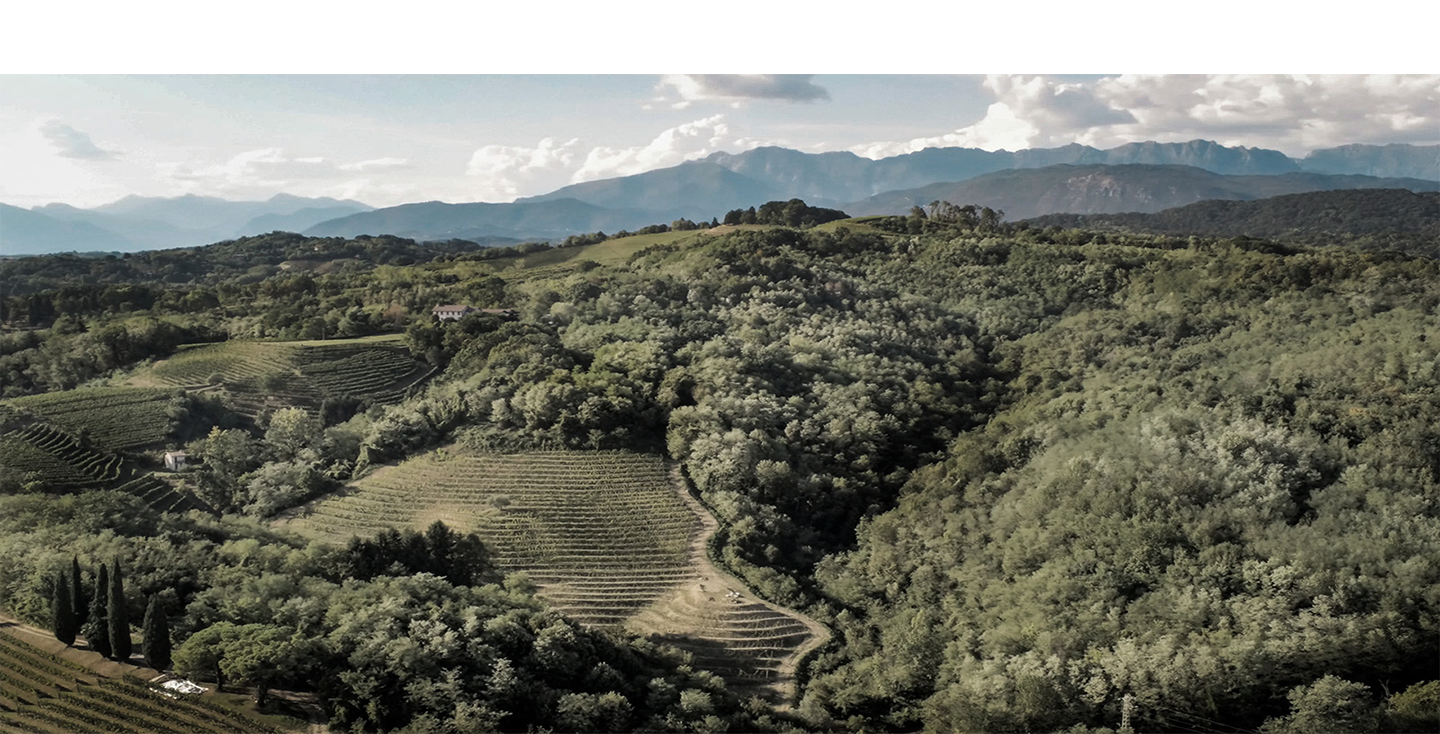 Region:
Region: -
Description:
For more information on Marie Thibault, please visit Selection Massale.
Available in California.
Image: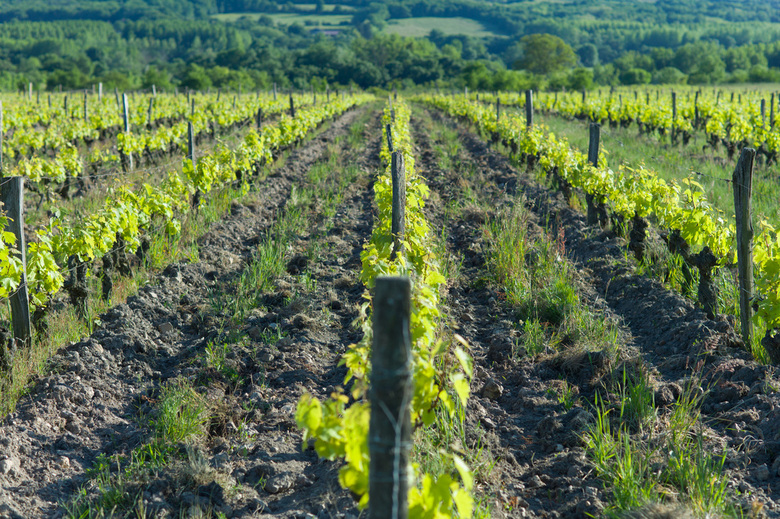 Region:
Region: -
Description:
Marie Weiss is Ployez-Jacquemart’s second label. A blend of 50% Pinot Noir, 25% Pinot Meunier and 25% Chardonnay from the Montagne de Reims and the Côte des Blancs; about half of the juice comes from 1er Cru and Grand Cru vineyards. Extraordinary quality for the price.
Image: Region:
Region: